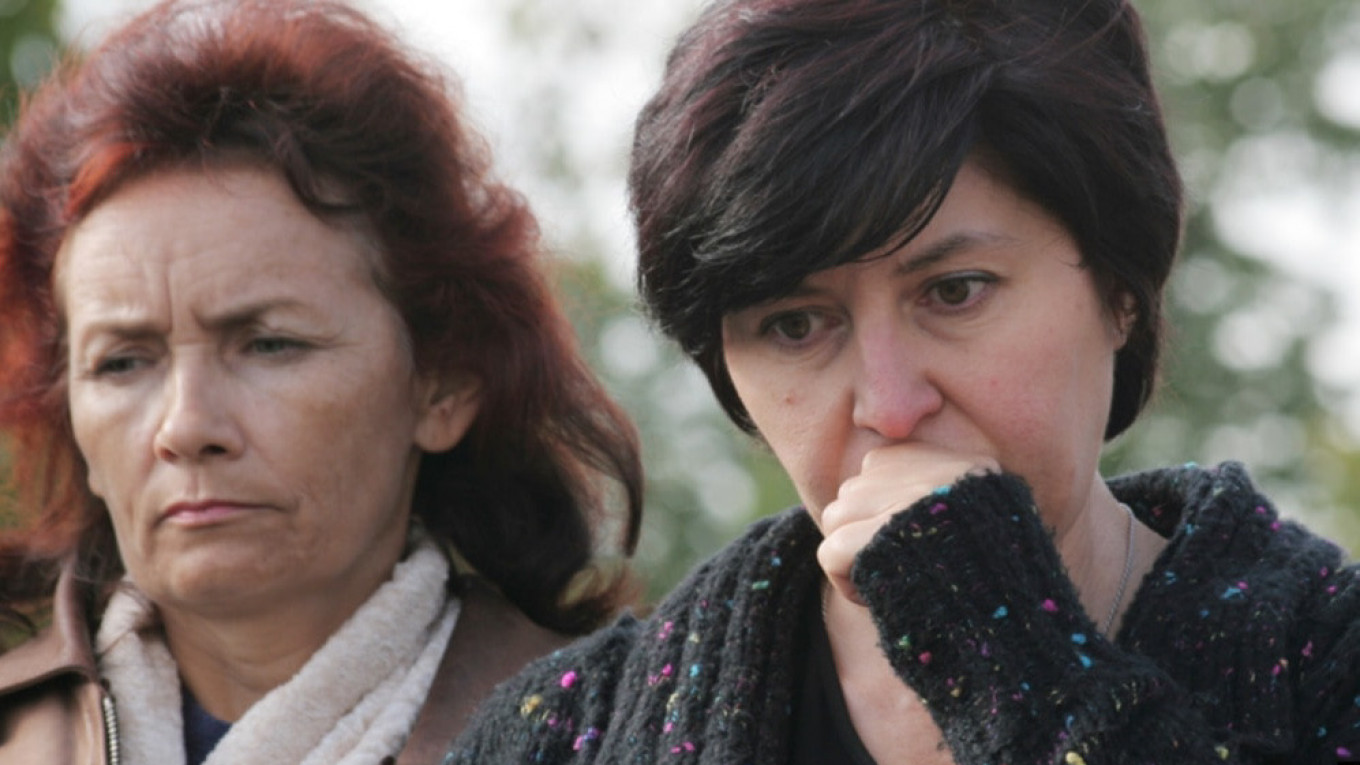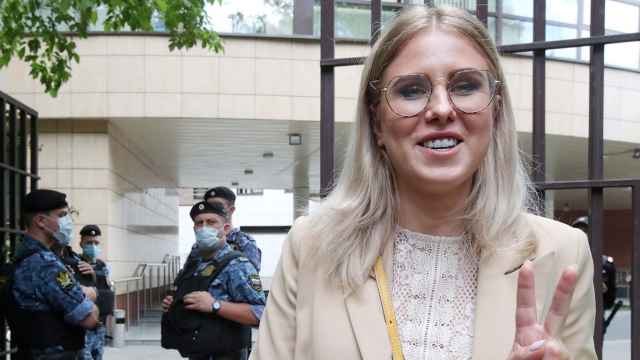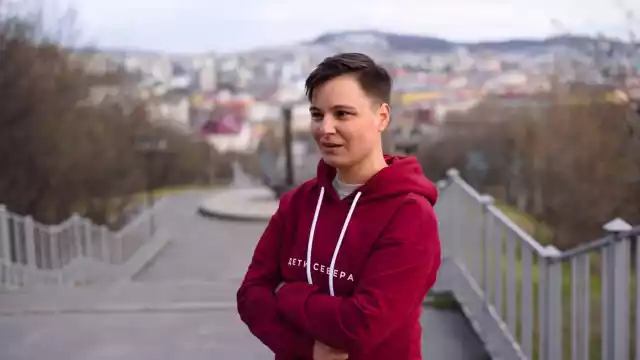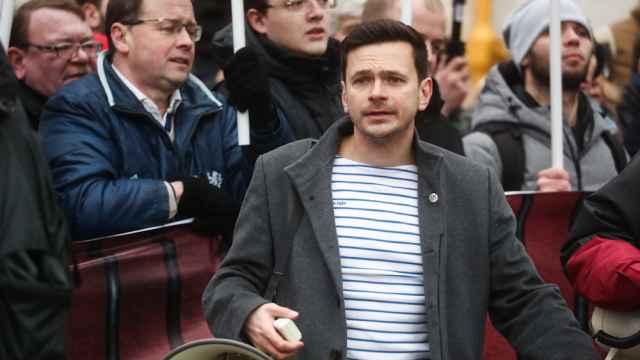Parents of victims of the deadly Beslan school siege have started a hunger strike in solidarity with jailed Kremlin critic Alexei Navalny amid increasing concern among supporters that his life is in danger, the independent Novaya Gazeta newspaper reported Monday.
Ella Kesaeyva, who co-chairs Russia’s Voice of Beslan grassroots organization, likened Navalny’s plight to the September 2004 hostage-taking that ended with more than 330 killed adults and children. Navalny’s doctors warned that he could die at “any minute” nearly three weeks into his hunger strike to demand outside medical treatment.
“It all started and is continuing with Beslan. But back then a lot of people didn’t see it and didn’t understand it,” said Kesayeva, whose daughter was among the Beslan hostages and was wounded in the siege.
“Now they have begun to understand that a very dangerous regime has been established, not only for Russian citizens but also for all of humanity,” she told Novaya Gazeta.
The publication reported that Kesayeva went on hunger strike with four other parents of Beslan victims: Zemfira Tsirikhova, Boris Ilyin, Zarina Kesayeva and Zamira Kokoyeva.
Meanwhile, a Facebook event to hunger strike in solidarity with Navalny launched by activists Yelena Sannikova and Nikolai Formozov last week has gained support from 70 fellow hunger-strikers as of Monday afternoon.
Kesayeva credited President Vladimir Putin’s most vocal domestic critic for “becoming the person able to convey to the consciousness of millions what Putin’s power is” and “showing that you don’t have to be afraid to fight” — actions for which she said Navalny is being punished.
“The man has been taken hostage and is being finished off,” Novaya Gazeta quoted the prominent activist as saying. “Our children were also held hostage in 2004.”
“To remain silent is to betray ourselves and the future of our children,” Kesayeva said in remarks to Novaya Gazeta.
The school siege at Beslan was one of the worst crises of Putin's early presidency, and in its aftermath he signed into effect laws that strengthened the power of the presidency and gave law enforcement agencies sweeping new anti-terrorism powers. The siege was also followed by crackdowns on the media and NGOs.
Navalny is serving two and a half years in a penal colony described as one of Russia's harshest on charges of violating parole under an old fraud conviction.
World leaders, celebrities and media organizations called on Putin to allow Navalny see his doctors after they warned over the weekend that he could go into cardiac arrest at “any minute.” The Kremlin rejected those calls on Monday.
His team has called for massive protests across some 80 Russian cities on Wednesday evening, just hours after Putin is set to deliver his state-of-the-nation address, in a bid to save his life.
Russian prison authorities said earlier Monday they have transferred Navalny to a medical ward at a different prison for “vitamin therapy.” Navalny’s team accused the authorities of attempting to hide him from his lawyers and dissuade people from attending Wednesday’s nationwide protests, which Russian police warned they will not allow to take place.
AFP contributed reporting.
A Message from The Moscow Times:
Dear readers,
We are facing unprecedented challenges. Russia's Prosecutor General's Office has designated The Moscow Times as an "undesirable" organization, criminalizing our work and putting our staff at risk of prosecution. This follows our earlier unjust labeling as a "foreign agent."
These actions are direct attempts to silence independent journalism in Russia. The authorities claim our work "discredits the decisions of the Russian leadership." We see things differently: we strive to provide accurate, unbiased reporting on Russia.
We, the journalists of The Moscow Times, refuse to be silenced. But to continue our work, we need your help.
Your support, no matter how small, makes a world of difference. If you can, please support us monthly starting from just $2. It's quick to set up, and every contribution makes a significant impact.
By supporting The Moscow Times, you're defending open, independent journalism in the face of repression. Thank you for standing with us.
Remind me later.






